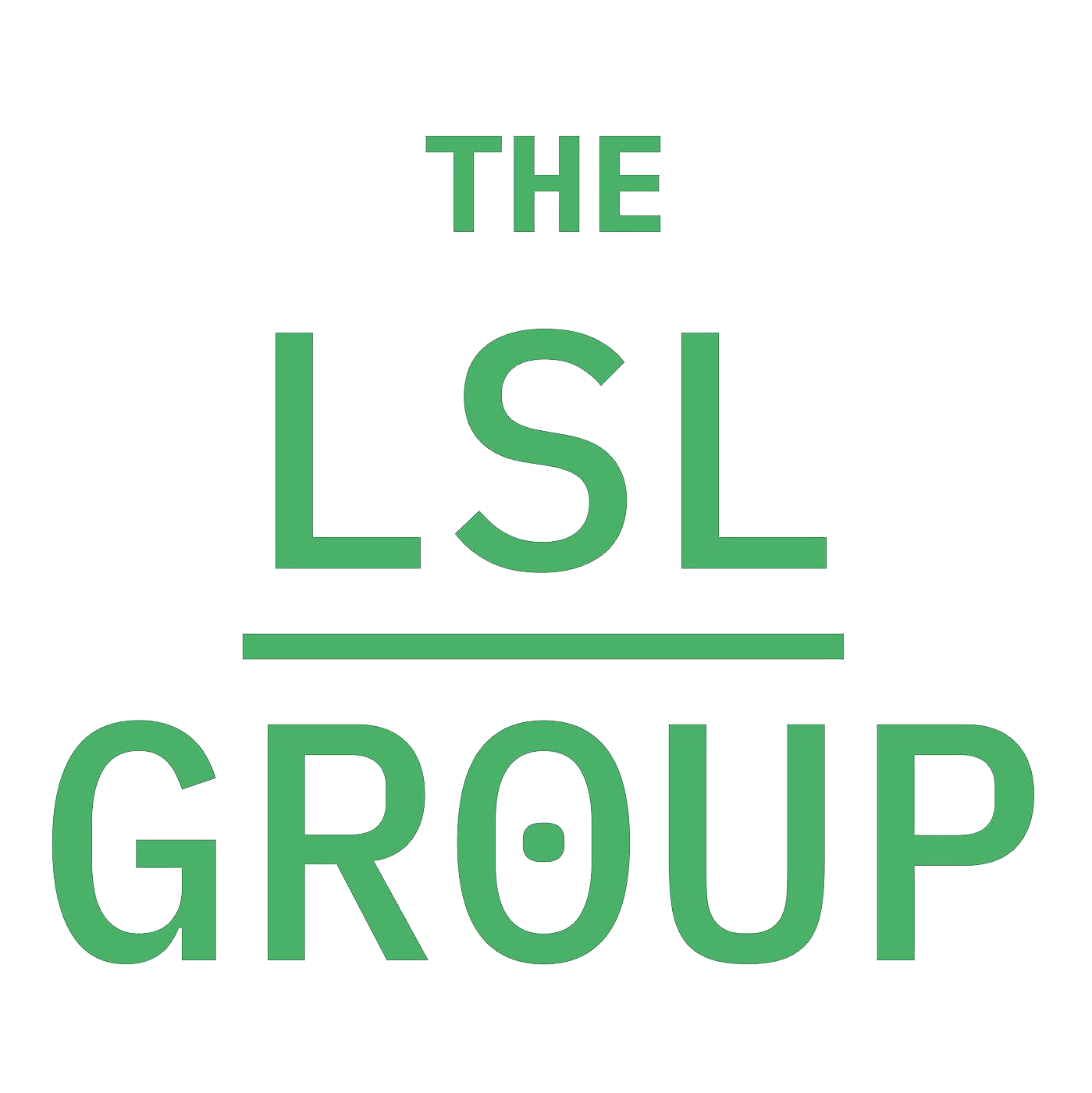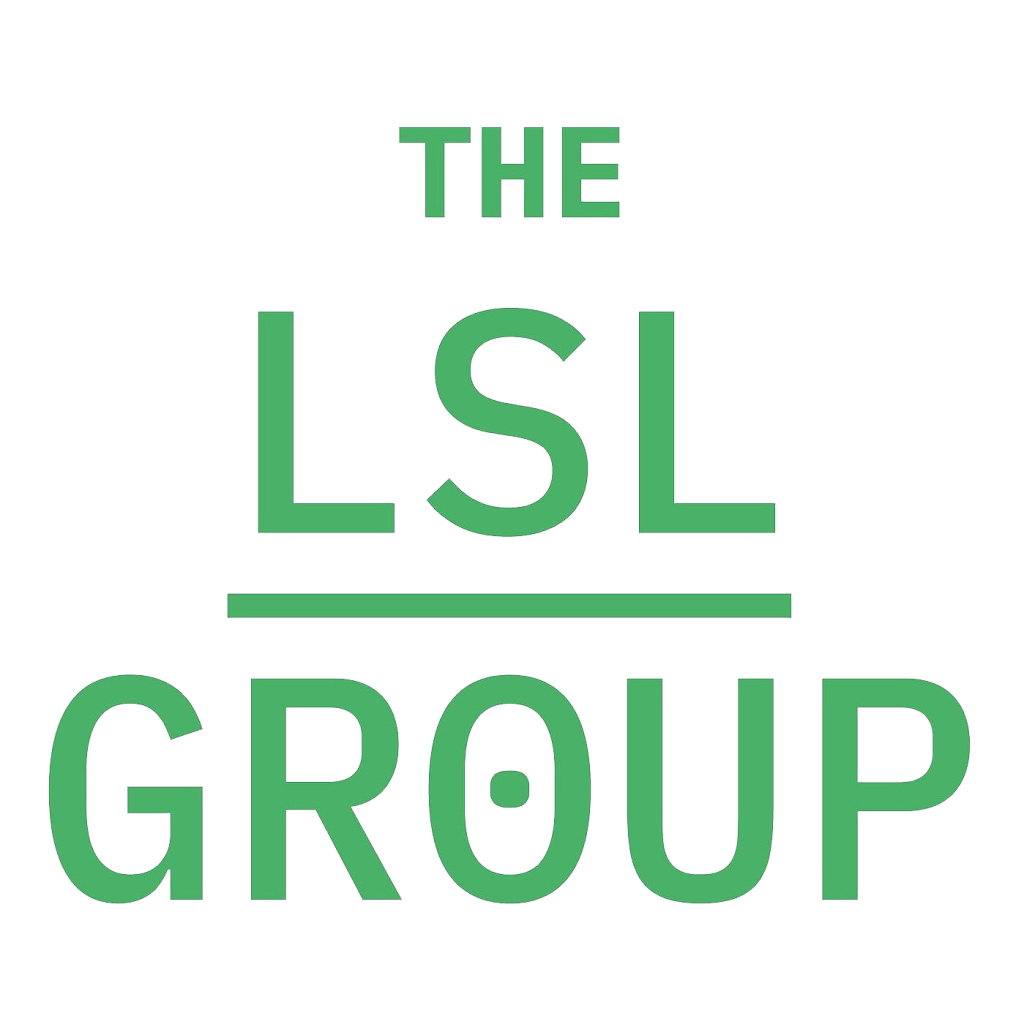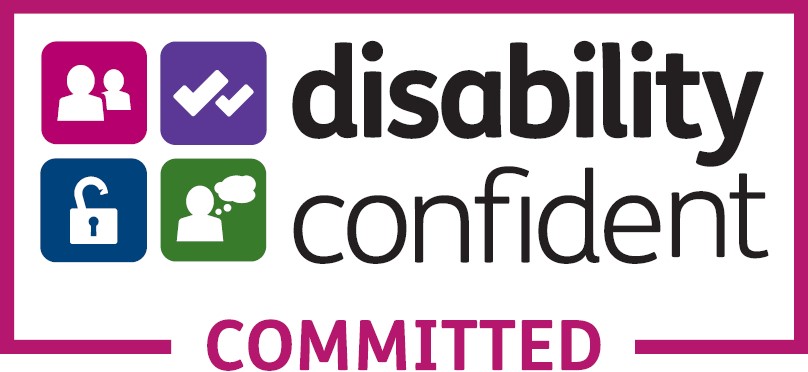“I would love to join your organisation, and these are my terms……”
Employers are already experiencing this in their efforts to secure top talent and things are unlikely to change for some time. Exceptional C-Suite candidates are always in high demand but now they can call the shots.
Candidate expectations and implications
In reality this means that candidates can command salary levels that may well exceed the top of the range originally envisaged to attract and secure the required talent. But it doesn’t stop there. Candidates will be expecting flexibility around working practices, particularly the extent to which the hiring organisation will accommodate hybrid working. What is considered to be feasible in terms of the candidate’s home location will also be part of a wider discussion.
Accommodating flexibility around working practices opens up exciting opportunities for a more inclusive and diverse workforce to be achieved. Flexible working facilitates employment choices for several groups, for example people with disabilities, who may have found a 5-day attendance at the office practically difficult or impossible. It will certainly broaden the pool of candidates that can be considered for a role. However, organisations are still navigating the post-pandemic world and trying to balance the existing contractual, cultural and behavioural norms of their workplace and people with the demand and expectations of new arrivals.
This scenario is exacerbated in the context of executive search where candidates are not actively looking to change organisations. The deal on offer at a potential new employer must at least match the softer benefits that they are already used to at their current employer, in particular the flexibility of working practices. Indeed, it is quite likely that the senior leader approached through the executive search will have played a part in discussing and even setting the new working practices at their current employer.
In a recent survey of 10,000 full-time employees across the UK, France, Germany and the Netherlands by the global HR and payroll firm Remote, more than three-quarters (77%) of those surveyed think that flexible working is the most important benefit when considering a job move.
We are all aware of the discussions about whether it is any longer important for senior leaders and their team members to live within a “local” geographic proximity to their head office. There is little dispute that physically meeting each other brings a different level of richness to a gathering and allows for important social interaction and the rebuilding of the organisation’s “social capital”. The question is about what this looks like in practice and how best to achieve it, whilst maintaining flexibility. In this context, what is the correct position for the hiring organisation to take regarding a potential new employee who may live outside of a daily commutable distance from the head office but, for example, would be happy to attend a maximum of twice each week. It seems important that the hiring organisation should have considered the rationale for their decision, whatever it is, and be able to articulate this credibly, not just for potential new employees but for the existing team members as well who may not have been afforded the same terms.
This is not easy. There is no standard way of working and there are few established benchmarks to help inform decisions due to the recency of this new paradigm, and therefore so much is subjective and anecdotal. Organisations may choose an example that best fits their own perspective and there are plenty available from the “all in” demands of Goldman Sachs CEO David Solomon to the “work from anywhere in the world” stance of Airbnb CEO Brian Chesky and Deloitte’s Chief Executive Richard Houston. Microsoft CEO Satya Nadella wrote that “hybrid work represents the biggest shift to how we work in our generation—and it’ll require a new operating model, spanning people, places, and processes.”
Regarding remuneration pressures, we are all acutely aware of the impact of the current inflation levels on salary increase expectations and demands, in a number of cases leading to disruptive strike action.
The perfect storm
Three external factors have aligned to create a uniquely challenging recruitment ecosystem:
- Post-pandemic working expectations
- Exceptional inflation levels
- High employment levels
Originally initiated as a virus-led imposed requirement to work from home, the subsequent return to work post-pandemic has been chaotic. It has not been a straight-forward return to the past or “getting back to normal” but a complete redefining of the fundamentals of the relationships between employer and employee and a power balance shift unseen since the era of Henry Ford. This is both challenging but also invigorating in the options that can now be considered.
Inflation running at double digits is at its highest level in 40 years. The demands for salaries to keep pace is driving parallel wage inflation. This impacts not only the recruitment of new employees but also has implications for the existing employees. Therefore, directly affecting employee acquisition and retention.
The UK has been experiencing exceptionally low unemployment levels not seen since the early 1970’s. In December 2022, the ONS reported this at 3.7%. UK economists consider there to be full employment when unemployment levels are circa 4%. Running at effectively full employment creates a supply and demand challenge with organisations struggling to attract and secure high calibre employees. This is no less the case at senior levels where it is not unusual for a single executive search candidate to be courted by more than one organisation at the same time. Those more proactive candidates responding to advertised positions will often have their hats in several rings at the same time. So, the competition for top talent increases further and with it the speed of reaction of hiring organisations must also increase. Decisive action to engage with and secure good candidates quickly is paramount, otherwise another organisation will benefit.
This perfect storm plays directly into the hands of candidates and employees. The implication is for candidates and employees to demand and expect more from their current and future employers and for those employers to respond in a timely and meaningful way. The opportunity is not only to react with agility and decision but also to review and adapt proactively. Speed, flexibility and agility will reap rewards and become a key differentiator.
Can this circle be squared?
How then, can the hiring organisation square the demands made by an “outsider” with their current structures? On the one hand not bringing on board the exceptional leadership talent needed to drive the organisation forward is likely to significantly compromise the business both in the short term and long term. On the other hand, the complications and repercussions of meeting the exceptional demands of the new leader (“exceptional” in the eyes of the hiring organisation, but quite possibly not exceptional elsewhere) will almost certainly be destabilising to the current status quo relating to people, places and processes. Consistency and fairness are highly regarded.
The recruitment of a senior team member from outside the organisation can, and often does, require the hiring organisation to reflect. Just because the senior leaders are currently remunerated at a certain level, doesn’t necessarily make that is the correct level. Just because, historically, employees have physically worked in the office 5 days every week, doesn’t necessarily make that the right or the most productive route.
Being open to challenge and fresh thinking is invaluable and if the recruitment process acts as a catalyst in this then that is also useful.
Often, as experienced executive search consultants in the sector, we are asked to provide guidance on the market and to give a steer on appropriate remuneration levels. It may be, at this stage, that it becomes clear that the organisation is out of step with the market in terms of the current salaries or working practices. This has wider implications. Not only will the organisation struggle to recruit top talent but may also be unable to retain the talent inside the organisation.
Creative options are emerging such as meeting a resource need with a time-limited interim or project solution rather than making a permanent hire. Organisations are also restructuring to bring about efficiencies rather than necessarily replacing on a like for like basis. Others are exploring part-time options, for example, in employing a new leader on a 4-day per week basis. If the base salary is a constraint, considering whether the role could be performed effectively in 80% of the time for the salary available could be a useful option. A candidate normally seeking £150,000 may be prepared to work for 4 days for £120,000 which may be the top end of the salary budget available to the organisation. The organisation then benefits from a top-quality candidate they would otherwise be unable to afford or attract. Clearly in this fast-evolving and challenging time the wider organisation needs to be considered in adopting this type of solution.
Thoughts for recruitment in the current market
The first point is for the hiring organisation to enter into the recruitment process with an open mind and not to fall into the trap of assuming what is done now should necessarily continue to be done. The world has moved rapidly over the past three years and much has changed. Being open to challenge enables deeper thinking, curiosity and creativity as to how best to achieve successful outcomes.
Transparency, openness and honesty are all important in recruitment.
What may seem to be intractable differences between the hiring organisation and the desired candidate, through openness and a genuine effort to understand each other’s position, it may be possible to craft a solution.
What is important at the outset of the recruitment process is clarity. Being able to articulate the organisation’s position to each candidate with a clear and understandable rationale is key.
To be able to do this the hiring organisation and executive search consultant should be discussing the following at the outset of the planning phase:
Salary – are the current senior team member salaries in the organisation competitive in the market?
- What is the appropriate base salary to attract and retain the new leader?
- What should the salary range be?
- What variable remuneration elements (e.g. bonus) and benefits should be included?
Geographical location – what is and is not considered to be acceptable in terms of the future employee’s location for them to be effective in the role, and why?
Working arrangement – what are the feasible options for delivering the role, and why?
- What does hybrid working look like to the organisation?
- What are the expectations for working from home (WFH)?
- What is non-negotiable?
In turn, discussing these basic but key areas with candidates will enable an objective assessment against the above criteria and a decision taken as to whether they can and should be considered. The interview can then focus on exploring the candidate’s experience, achievements, skills and cultural fit. An open dialogue between the hiring organisation and the executive search consultant throughout the recruitment process will enable discussions to take place regarding specific candidates and to explore what might be feasible for both parties.
In summary:
- Question whether what is done now should be done in the future.
- Take advantage of the global reset to review and adapt. Use the recruitment process as another opportunity to reflect and challenge the status quo and consider making wider changes in the organisation if required.
- Consider alternative options for delivering a remit.
- Gain an understanding of the mood of the current external market for recruitment in the sector.
- Discuss with the executive search consultant the rationale for the organisation’s positions on salary and benefits, candidate location and working arrangements.
- Clarify and agree the hiring parameters and what is non-negotiable for candidate selection. Be realistic in this process.
- Maintain a regular and ongoing dialogue with the executive consultant throughout the process and be open to flexibility around candidate requirements where possible.
If you are just interested to explore this topic further please or for an informal and confidential discussion about your senior leadership requirements do get in touch at support@thelslgroup.com




